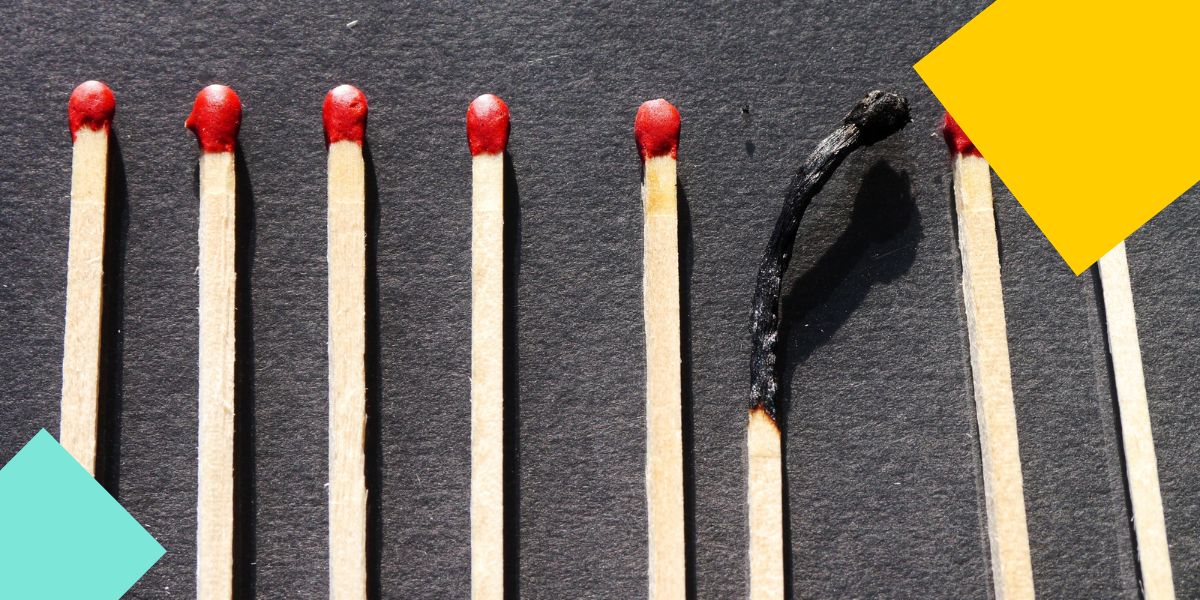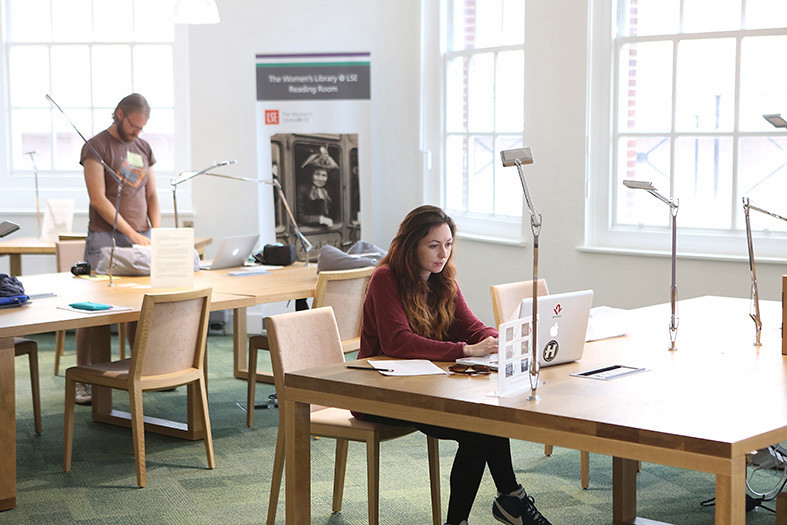Research is seeing what everyone else has seen and thinking what no one else has thought.
One of my mentors told me this adage when I asked him for guidance on writing my research proposal. As I was making the leap between universities and areas of study, I found it especially clarifying. My research proposal needed to demonstrate that I was familiar with preceding scholarship in my field and that I could make my own unique contribution. Along the way, I found that writing the research proposal also had another crucial element: it established my relationship with my prospective supervisor. Ultimately, it is important to lean into these experiences, as they form the bridge from receiving knowledge to creating it.
Finding mentorship
Approaching the task of writing a research proposal can be daunting. It helps to find a mentor to provide advice on which preceding scholarship to examine, new directions in your field, or even just the practical concerns of structure and writing style. Be open to asking your professors or current research postgraduates for help. I found that my academic advisor for my master’s programme was happy to help in each of these respects, even though he specialised in a different field entirely. The support he offered was crucial in the first steps of this challenging task.
Know your field
Essentially, the primary purpose of a research proposal is to identify a gap in the preceding scholarship. Some fields are bigger than others, so the amount of reading you need to do will vary. Regardless, it’s important to set aside a lot of time to digest what’s been said, then take a critical lens to look for weak points. Maybe scholars have neglected a cutting-edge theoretical framework, or a trove of new primary sources have recently become available. Or you may want to look for gaps in data or a problem which has yet to be resolved. This is only possible if you know your field. My field of history is quite large, so I spent a lot of time reading preceding scholarship. I went into this process with a few ideas of the gaps which existed in the field, but as I read my perspective changed. Some of the gaps I’d expected had already been filled or were not important enough to engage with. However, I persevered and found my current PhD topic after a few months of research. The amount of time and consideration I gave to knowing my field paid off in the end, so I recommend others take a similar approach.
Articulate significance
It’s not enough to identify a gap, you must also articulate its significance. Sometimes scholars don’t engage with certain subjects because they do not see them as worthy of attention, or there may not be a clear source of data to engage with. The research proposal is a chance to create space for yourself within the field, so explain why the gap should be filled. You also need to explain how your research is feasible. What data or sources will you use? Do you have a unique language ability, or a special familiarity with the subject? Some topics have a clearer significance and feasibility than others. In writing my research proposal, I went to great lengths to describe how I would use new sources, take the field in an important direction, and why I was equipped as a scholar to do it. Articulating this clearly and confidently remains important even during my PhD programme.
Communicate with your supervisor
For many of you — myself included — the research proposal process may be the first time you engage with your prospective supervisor. Once you have a seed of an idea for your topic, it’s important to communicate openly. Your prospective supervisor will tell you if it’s feasible, if it’s within their expertise, and provide advice on how to improve it. As you adopt their suggestions and your ideas blossom into a full research proposal, your prospective supervisor may provide additional support. This can be a valuable time to establish a productive relationship and ensure that your ideas are sound.
Though the research proposal can be a challenging first step, it sets the stage for later success.





